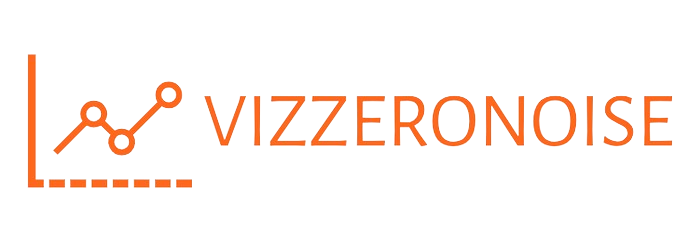In the fast-paced world of professional communication, mastering the art of email is essential for success. Here, we delve into expert tips that can elevate your email game and make you a more effective communicator in the digital realm.
Crafting Clear and Concise Messages
The cornerstone of effective email communication lies in crafting clear and concise messages. Long-winded emails often get overlooked or ignored in today’s busy inbox. To grab your recipient’s attention, keep your message focused and to the point. Use short paragraphs and bullet points to break up the text, making it easier for the reader to digest the information.
Mastering the Subject Line
The subject line is your email’s first impression, so make it count. A compelling subject line can entice the recipient to open your email, while a vague or generic one may get lost in the shuffle. Be specific and descriptive, summarizing the content of your email in a few words. Avoid using all caps or excessive punctuation, which can come across as unprofessional or spammy.
Adopting Proper Email Etiquette
Proper email etiquette is crucial for maintaining professionalism and building strong relationships. Always start your email with a polite greeting and end with a courteous closing. Use proper grammar and spelling, and avoid using slang or overly casual language. Be mindful of your tone, ensuring that it is respectful and appropriate for the recipient.
Formatting for Readability
The way your email is formatted can greatly impact its readability. Use a clear and legible font, such as Arial or Times New Roman, and avoid using decorative fonts that may be difficult to read. Break up the text into short paragraphs and use bullet points or numbered lists for clarity. Bold or italicize important points to draw attention to them, but use these sparingly to avoid overwhelming the reader.
Managing Your Inbox Efficiently
A cluttered inbox can quickly become overwhelming and lead to missed opportunities. Take control of your inbox by organizing emails into folders and prioritizing them based on urgency. Set aside dedicated time each day to respond to emails and clear out your inbox. Consider using email management tools or filters to streamline the process and reduce email overload.
Responding Promptly and Professionally
Timely responses are essential for maintaining professional relationships and ensuring that tasks are completed in a timely manner. Aim to respond to emails promptly, even if it’s just to acknowledge receipt and indicate when you’ll provide a more detailed response. When replying, be concise and focused, addressing all points raised in the original email. Avoid unnecessary back-and-forth communication by providing clear and comprehensive responses.
Knowing When to Pick Up the Phone
While email is a convenient and efficient communication tool, it’s not always the most appropriate for every situation. In cases where complex issues need to be discussed or urgent matters require immediate attention, consider picking up the phone or scheduling a face-to-face meeting instead. This can help avoid misunderstandings and facilitate more effective communication.
Proofreading Before Sending
Before hitting send, take a moment to proofread your email carefully for any errors or mistakes. Typos, grammatical errors, and spelling mistakes can detract from your professionalism and undermine your message. Use spell check and grammar check tools to catch any issues that may have slipped through the cracks. It’s also a good idea to read your email out loud to yourself or ask a colleague to review it before sending.
Following Up as Needed
Effective follow-up is key to ensuring that tasks are completed and issues are resolved in a timely manner. If you’re waiting for a response or action from the recipient, don’t be afraid to follow up politely after a reasonable amount of time has passed. Be persistent but courteous, and offer assistance or clarification if needed. Keeping track of your email communications and follow-up actions can help ensure that nothing falls through the cracks.
Continuous Improvement
Finally, remember that mastering email communication is an ongoing process that requires continuous learning and improvement. Take the time to reflect on your email practices regularly and identify areas for growth or refinement. Seek feedback from colleagues or mentors to gain insight into areas where you can improve. Stay updated on best practices and trends in email communication through professional development opportunities, workshops, or online resources. By committing to continuous improvement, you’ll become a more effective and confident communicator in the digital age. Read more about professional emailing tips


